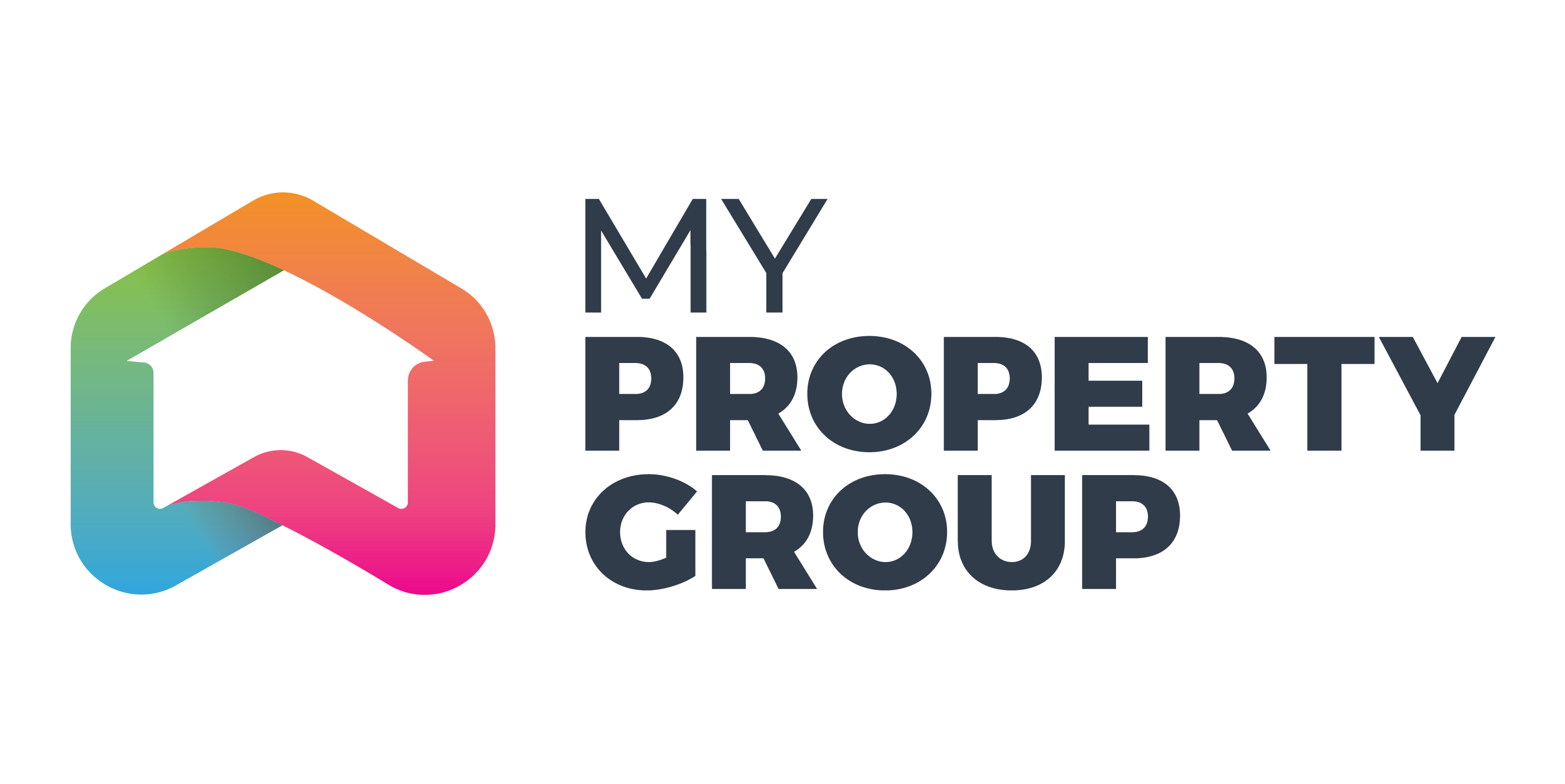As the weather warms, we tend to gravitate to the outdoors. After a cool
winter which saw overly dry conditions throughout the country (and
little relaxation to this in sight), our lawns and gardens may not be
looking as lush as we’d like.
As a country, we’re dealing with one of the toughest droughts on record
and it is important that we are considerate of the way in which we use
water. It can be tempting to turn on sprinkler systems and leave hoses
running for lengthy periods of time, particularly for those who don’t
have to pay the water bill!
Which touches on a common concern for landlords and tenants – who pays
for water? While neither landlord nor tenant is required to exclusively
pay for water in the property, in order for landlords to pass on water
consumption charges to tenants, minimum criteria must be met.
These include:
– Premises must be individually metered; (or water delivered by vehicle)
– Premises must be ‘water efficient’;
– Charges must not exceed total amount billed by supplier.
It must also be clearly stated in the tenancy agreement.
Some areas have water conservation measures in place. If you’re unsure
if this applies to your investment property, it is best to check with
your property manager and/or local council. Your property manager, along
with council, will have advised your tenants of this as well.
There are a number of water- saving devices available for installation,
which can help reduce the amount of wasted water in your property. Many
appliances, such as washing machines and dishwashers come with a water
rating. While the price to purchase may differ from a 2-star to 4-star,
the amount of money you, or your tenant, can save on water may be
significant.
It’s important to note that tenants cannot be charged sewerage usage or
access charges; they may only be charged for water consumption.
Leaking shower heads, taps and/or issues with toilets, must be addressed
promptly in order to meet water efficiency of the property. If not –
and if included in the lease – tenants may not be required to pay for
usage.
As a landlord, whether you choose to pass on all, some or no water
charges onto clients, is up to you (provided the above criteria is met).
If you are concerned about the amount of water being used at your
property, reach out to your property manager to investigate reasons why.
NOTE: Please confirm all information relating to water usage and your
investment property with your property manager at the start of each new
tenancy.
WATER WATER WATER

